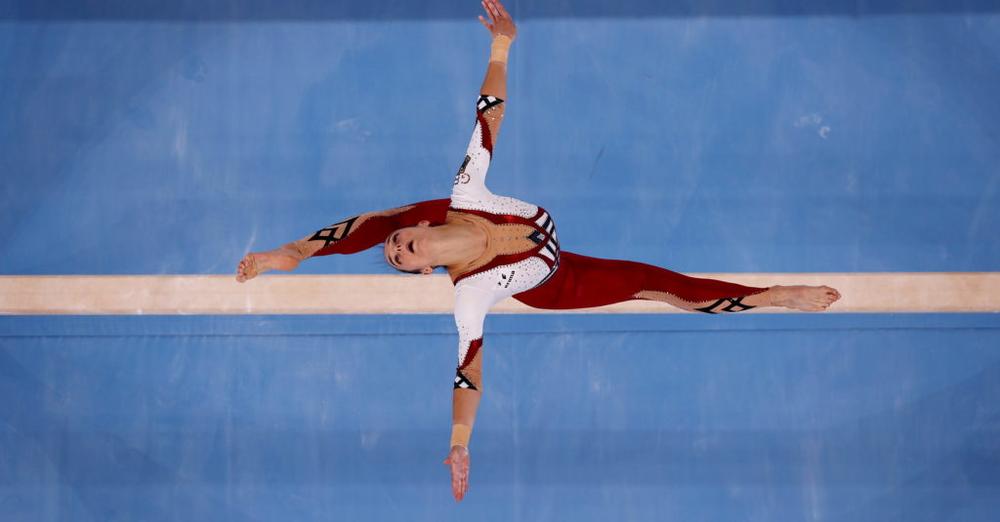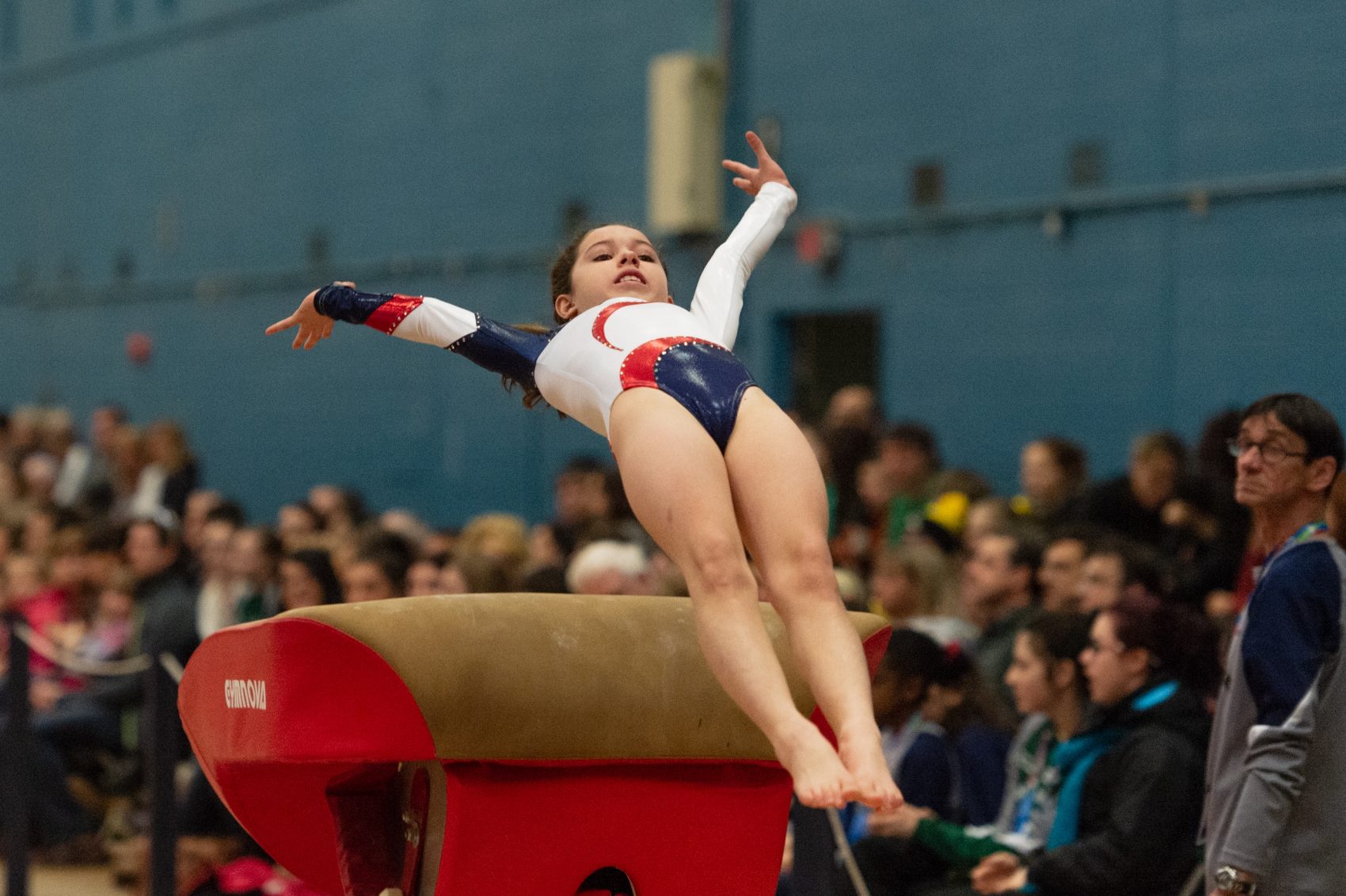
The German Female Gymnastic team stood out on Sunday when they walked onto the Olympic stage for the qualifying round. The team of women had decided to wear unitards, which cover your leg down to your ankle, instead of traditional leotards to take a stand against sexualization geared towards gymnasts.
The 2021 Tokyo Summer Olympics are the first since former USA Gymnastics national team doctor Larry Nassar was convicted and sentenced to 176 years for sexually abusing a large number of gymnasts. Among the victims included former Olympians Kyla Ross, Madison Kocian, current Olympian Simone Biles, and hundreds of other athletes. According to SFGate, during Nassar’s sentencing, many female gymnasts explained how the sport led to the sexualization and objectification of young girls and women.
Although the German team had originally worn the unitards in April at the European Artistic Gymnastic Championships, German Olympian Sarah Voss states that they didn’t decide if they would wear them or not before the meet.
“We sat together today and said, OK, we want to have a big competition. We want to feel amazing, we want to show everyone that we look amazing,” stated Voss.

Olympic Gold Medalist Simone Biles, a survivor of Nassar’s sexual abuse, offers her support of the unitards stating,
“I stand with their decision to wear whatever they please and whatever makes them feel comfortable. So if anyone out there wants to wear a unitard or leotard, it’s totally up to you.”
Other athletes support the option to wear either a leotard or unitard and think that it would be convenient to use as women age into the sport. Voss further states, “gymnastics customs should leave room for female bodies as they age and change.”
In contemplating whether this should be allowed in all-female gymnastic competitions up to the Olympic level, there are some comparisons to consider. For instance, male gymnasts wear loose-fitting shorts and pants, depending on the event they are participating in. In all the years men have been wearing long, loose-fitting pants, it has not impinged on their abilities to perform at the highest level. This should be taken into account when debating whether women should have the choice to cover their legs fully by wearing a unitard.
Recently, athletes’ wardrobes have made waves in a way that punished a team for wearing what they were more comfortable in. This instance involved the female Olympic handball team when they decided not to wear the required bikini bottoms and instead chose to wear skin-tight shorts. They weren’t disqualified but were required to pay a fine for their violation of the wardrobe rules, according to SnowBrains.
These instances prove that what has always been the norm for female athletes should be reevaluated with the current concerns, comfort levels, and options. Providing more options for female attire could ensure that every female athlete competing feels their best to perform comfortability to their highest ability.





